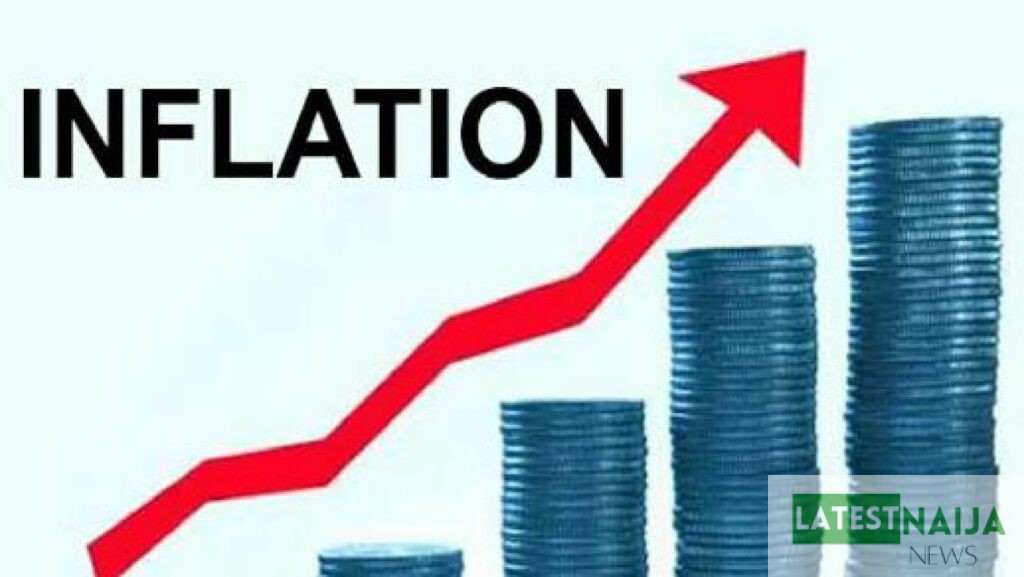Nigeria’s inflation rate surged to 33.88% in October 2024, up from 32.70% in September, according to the latest Consumer Price Index (CPI) report from the National Bureau of Statistics (NBS) released on Friday. The increase marks a month-on-month rise of 1.18 percentage points and reflects the continuing challenges facing the country’s economy.
On a year-on-year basis, headline inflation in October was 6.55 percentage points higher than the 27.33% recorded in October 2023. Month-on-month, the inflation rate for October 2024 stood at 2.64%, showing a 0.12 percentage point increase from September’s 2.52%.
The NBS report noted, “This means that in October 2024, the rate of increase in the average price level was higher than the rate of increase in the average price level in September 2024.”
Rising Food Inflation
Food inflation in October 2024 was recorded at 2.94% month-on-month, a 0.30 percentage point rise compared to September’s rate of 2.64%. The report attributed this increase to rising prices in key food categories such as oils and fats, fish, meat, and cereals, with notable hikes in items like palm oil, vegetable oil, fresh fish, dried beef, and rice.
Year-on-year, the average annual food inflation rate for the twelve months ending in October 2024 stood at 38.12%, a sharp increase from the 26.33% recorded in October 2023.
Economic Factors Fueling Inflation
The rise in inflation has been attributed to multiple factors, including the removal of fuel subsidies, which led to an increase in energy costs. Petrol prices have risen from N980 to around N1,050 per litre in Lagos, with even higher prices reported in other parts of the country. This has, in turn, increased transportation costs and affected the prices of goods and services.
Additionally, continued depreciation of the naira, heightened insecurity, and flooding in Nigeria’s agricultural regions have further disrupted food production and distribution, driving up costs.
Projections and Trends
Analysts had predicted the October inflation rate would hit around 33.48%, reflecting persistent economic pressures throughout 2024. Earlier in the year, inflation peaked at 34.19% in June, marking the highest rate in nearly three decades before slightly easing due to seasonal harvests. However, the recent uptick in September signaled renewed inflationary pressures, largely attributed to higher energy costs.



Comments are closed.